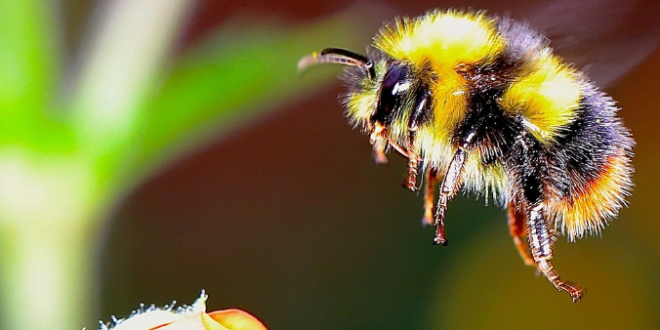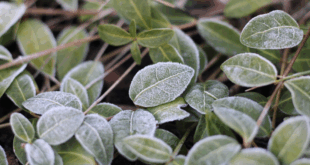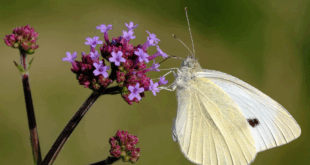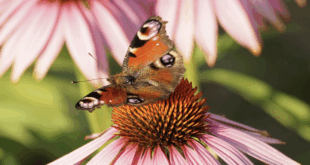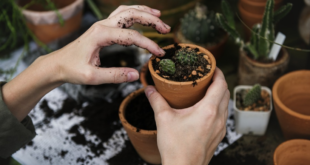Bumblebees are more than just a delightful sight in your garden—they play a crucial role in the health and productivity of your plants. These fuzzy, black-and-yellow insects are essential pollinators, contributing to the flourishing of flowers, fruits, and vegetables. Understanding the benefits of bumblebees can help you appreciate their importance and encourage you to make your garden a more welcoming place for them.
1. Exceptional Pollinators
Bumblebees are among the most efficient pollinators, thanks to their unique physical characteristics and behavior. Unlike honeybees, which collect nectar primarily for honey production, bumblebees are motivated by the need to feed their colony, leading them to visit more flowers. Their large, fuzzy bodies are perfect for picking up pollen and transferring it between blooms. This process, known as cross-pollination, is vital for the reproduction of many plants, ensuring they produce seeds, fruits, and vegetables.
2. Buzz Pollination
One of the unique skills bumblebees possess is “buzz pollination” or sonication. Bumblebees vibrate their wing muscles at a frequency that dislodges pollen from flowers, especially those with tubular or tightly packed anthers like tomatoes, blueberries, and cranberries. This method is far more effective than the pollination methods of many other insects, making bumblebees indispensable for gardeners growing these crops.
3. Extended Pollination Season
Bumblebees are active pollinators throughout the growing season. They are among the first bees to emerge in spring and the last to be seen in autumn. Their ability to forage in cooler temperatures and low-light conditions allows them to pollinate plants that might otherwise be missed by other pollinators. This extended activity period is particularly beneficial for early-blooming and late-flowering plants, ensuring continuous pollination when other insects are less active.
4. Support Biodiversity
A garden teeming with bumblebees is often a garden rich in biodiversity. By facilitating the pollination of a wide variety of plants, bumblebees help maintain diverse plant life, which in turn supports a range of other wildlife, including birds, butterflies, and beneficial insects. A diverse ecosystem is more resilient, better able to withstand pests, diseases, and environmental changes.
5. Improved Garden Yields
Gardeners who encourage bumblebee activity often see a significant increase in the yield and quality of their crops. Bumblebees’ efficient pollination ensures that plants produce more fruit and seeds, often resulting in larger, better-shaped, and more abundant harvests. For example, tomatoes pollinated by bumblebees tend to be rounder and have fewer deformities compared to those pollinated by wind or hand-pollination.
6. Environmental Indicators
Bumblebees are excellent indicators of environmental health. A thriving bumblebee population suggests a well-balanced, pesticide-free garden. Conversely, a decline in bumblebee numbers can signal issues such as pollution, habitat loss, or the overuse of chemicals. Monitoring and encouraging bumblebee activity in your garden can help you maintain a healthy environment for all its inhabitants.
7. Aesthetic and Educational Value
Beyond their practical benefits, bumblebees add an aesthetic charm to any garden. Watching these industrious insects move from flower to flower can be a calming and educational experience, especially for children. Observing bumblebees offers a hands-on lesson in ecology, teaching valuable lessons about the interdependence of species and the importance of protecting our natural world.
How to Attract Bumblebees to Your Garden
To reap the benefits of bumblebees, consider making your garden more inviting to them. Here are a few tips:
- Plant a Variety of Flowers: Choose a mix of native flowering plants that bloom at different times throughout the season. Bumblebees are particularly fond of tubular-shaped flowers and those with easily accessible pollen.
- Avoid Pesticides: Pesticides can be harmful or even deadly to bumblebees. Opt for natural pest control methods and organic gardening practices instead.
- Provide Shelter: Bumblebees often nest in abandoned rodent burrows, under tussocks of grass, or in compost heaps. Leave some undisturbed areas in your garden to give them a place to live.
- Ensure Water Availability: Like all creatures, bumblebees need water. Provide shallow water sources with stones for them to land on.
Bumblebees are not just garden visitors; they are vital contributors to the health and success of your plants. By understanding and fostering their presence, you can create a thriving, productive garden that benefits both you and the broader ecosystem. So, the next time you see a bumblebee buzzing around your garden, take a moment to appreciate all the hard work it’s doing to keep your garden blooming and bountiful.
 Gardeners Club The Gardeners Club is a free to join online club for everyone with an interest in gardening and gardens.
Gardeners Club The Gardeners Club is a free to join online club for everyone with an interest in gardening and gardens.
